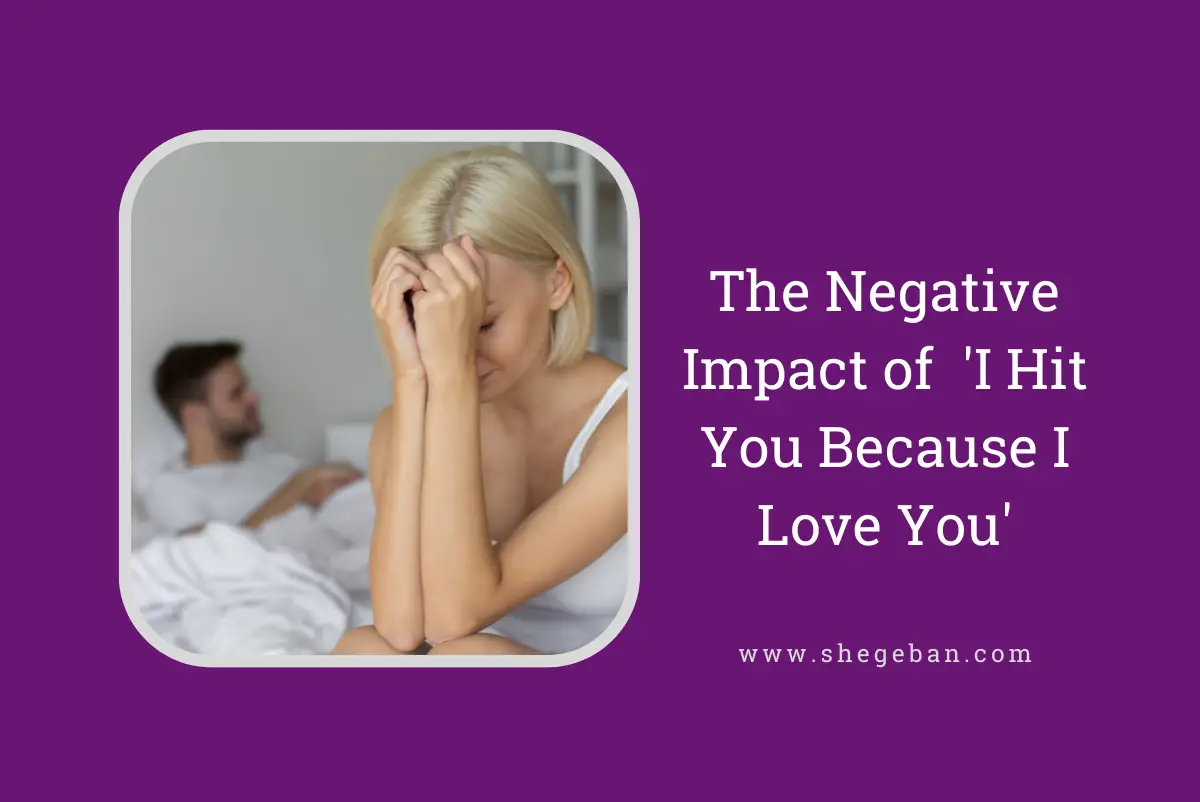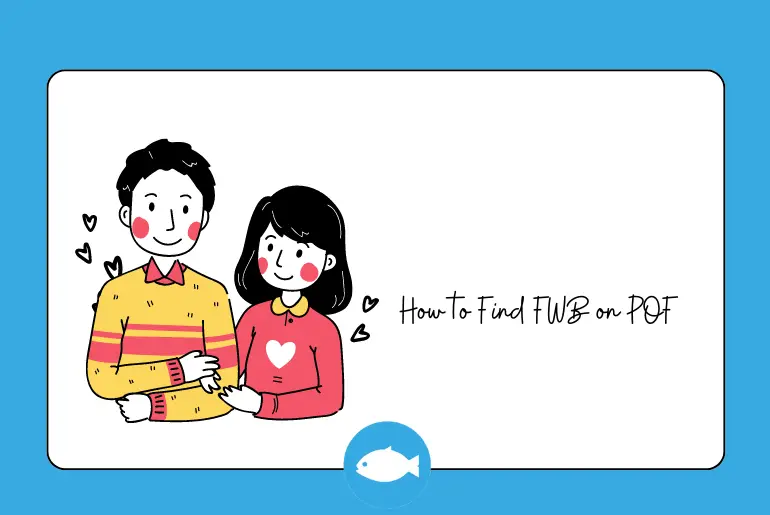The phrase “I hit you because I love you” is commonly used to justify physical abuse in romantic relationships. This phrase suggests that the abuser’s actions are a form of love and care rather than abuse.
However, the truth is that physical abuse is never an acceptable way to show love, and this harmful phrase has a negative impact on both the recipient and the perpetrator of abuse and the relationship itself.
This post will explore the negative impact of “I hit you because I love you” and provide information on recognizing and getting help for abusive relationships.
The Negative Impact of Abusive Relationships
Abusive relationships have a devastating impact on individuals and their loved ones. The effects of abuse can be physical, emotional, and psychological and can last long after the relationship has ended. Here are some of the negative impacts of abusive relationships:
1. Physical effects
Abusive relationships can have severe physical effects on victims. Physical abuse can cause injuries such as bruises, broken bones, and even internal damage.
Victims of physical abuse may experience chronic pain, mobility issues, and long-term health problems. In some cases, physical abuse can even result in death. Furthermore, physical abuse can have lasting psychological effects, leading to anxiety, depression, and PTSD.
2. Emotional effects
Emotional abuse is another common form of abuse in relationships, and it can significantly impact victims. It can take many forms, such as belittling, controlling, and manipulating behavior.
Victims of emotional abuse may experience low self-esteem, anxiety, and depression. Emotional abuse can also lead to isolation from friends and family, making it difficult for victims to seek help and support.
3. Psychological effects
Abusive relationships can have long-lasting psychological effects on victims. Victims may develop various mental health problems, such as anxiety disorders, depression, and PTSD.
They may also experience difficulties with trust, self-esteem, and self-worth. Additionally, victims of abusive relationships may struggle with a sense of shame, guilt, and embarrassment, which can prevent them from seeking help.
4. Impact on children
Abusive relationships can also significantly impact children who witness or experience abuse. Children who grow up in abusive households may be at risk of developing mental health problems and may struggle with relationships in adulthood.
They may also be more likely to experience abuse in their relationships or become abusive.
5. Financial impact
Abusive relationships can also have a financial impact on victims. Abusers may use financial control as a form of abuse, limiting access to money and resources.
Victims may also be forced to miss work due to injuries or emotional distress, leading to a loss of income and financial instability.
Why Do People Hit the Persons They Love?
Physical violence in romantic relationships is a complex issue that various factors can cause. While there is no one answer to why people hit the persons they love, some common reasons may contribute to this behaviour.
1. Family culture
People may hit the persons they love because they have learned this behavior from their family or culture. Suppose a person grows up in a household where physical violence is normalized or accepted to express emotions.
In that case, they may not know how to deal with conflict in their relationships. For example, if a person’s parents hit each other when they argued, the child may learn that this is an acceptable way to resolve conflicts in their own relationships.
2. Poor conflict resolution
Another reason why people may hit the persons they love is that they lack effective communication and conflict-resolution skills.
If a person is unable to express their emotions healthily and productively, they may resort to physical violence as a way to communicate their feelings.
For example, if a person feels angry or frustrated with their partner but cannot express themselves verbally, they may hit their partner to release their emotions.
3. Substance abuse
Substance abuse can also be a contributing factor to physical violence in relationships. When a person is under the influence of drugs or alcohol, they may be more likely to act impulsively and lose control of their actions. This can lead to physical violence and aggression towards their partner.
4. Mental health issues
People who hit the persons they love may also have underlying mental health issues such as depression, anxiety, or personality disorders.
These issues can cause a person to have difficulty regulating their emotions and may lead to outbursts of anger or violence. In some cases, a person may also have a history of trauma or abuse, which can contribute to their violent behavior in relationships.
It is important to note that none of these reasons justify physical violence in a relationship. It is never acceptable to hit someone you love, regardless of the circumstances. If you or someone you know is experiencing physical violence in a relationship, seeking help and support from a trusted friend, family member, or professional is important.
How to Get Out of Abusive Relationships
Here are some steps that you can take to get out of an abusive relationship:
1. Recognize that you are in an abusive relationship
The first step towards getting out of an abusive relationship is recognising that you are in one. This can be difficult, as abusers often use tactics such as gaslighting and manipulation to make their victims doubt themselves.
However, it is important to trust your instincts and recognize that the behaviour you are experiencing is not normal or acceptable.
2. Reach out for help and support
Leaving an abusive relationship can be daunting, but it is important to remember that you do not have to do it alone. Contact trusted friends, family members, or a domestic violence hotline for support and guidance. They can help you develop a safety plan and provide resources to help you get out of the relationship safely.
3. Develop a safety plan
Leaving an abusive relationship can be dangerous, so it is important to have a safety plan in place. This may include finding a safe place to stay, arranging for transportation, and gathering important documents such as passports and birth certificates. A domestic violence hotline can help you create a safety plan tailored to your situation.
4. Seek professional help
Leaving an abusive relationship can be emotionally challenging, and it is important to seek professional help to deal with the trauma and emotional fallout. A therapist or counselor can help you work through your emotions and develop coping strategies to deal with the aftermath of the relationship.
5. Cut off contact with the abuser
Once you have left the abusive relationship, it is important to cut off contact with the abuser as much as possible.
This may include changing your phone number, blocking them on social media, and avoiding places where they may be. If you have children together, you may need to work with a lawyer or mediator to establish safe and healthy boundaries.
Final Thoughts
“I hit you because I love you” is a harmful justification for physical violence in romantic relationships. It perpetuates the cycle of abuse and control and reinforces the idea that violence is a valid way to express love.
Love should never involve physical violence, and it is important to seek help if you or someone you know is experiencing abuse in a relationship. It is time to reject this harmful phrase and promote healthy, nurturing, and respectful relationships based on mutual love and trust.





